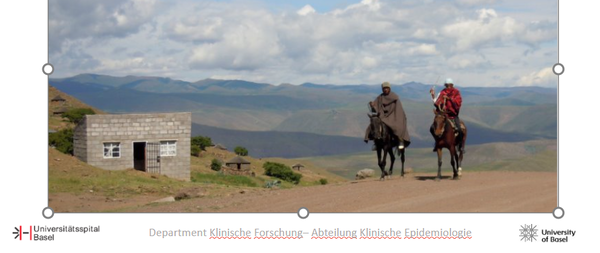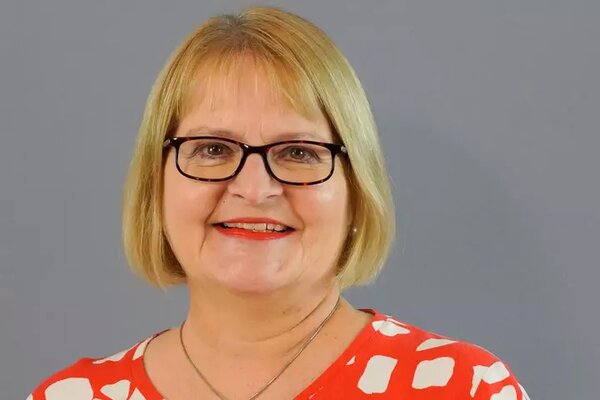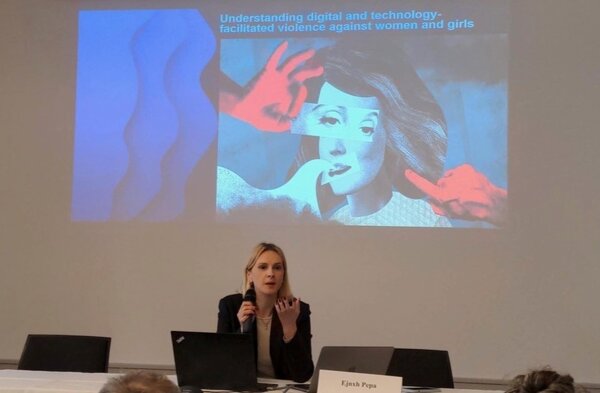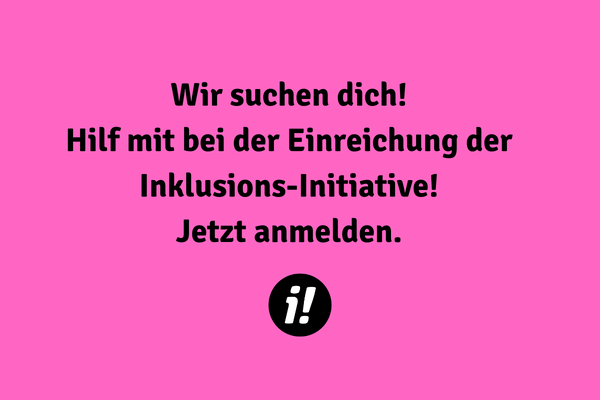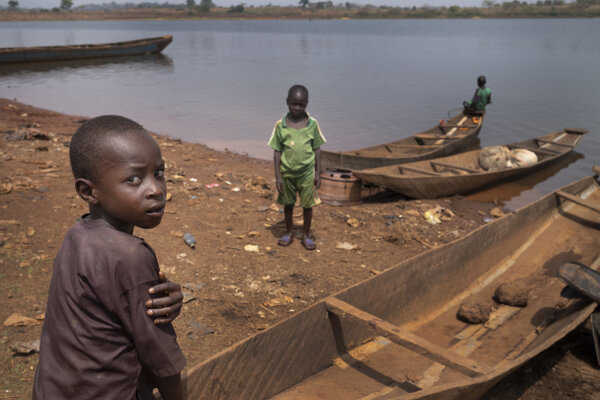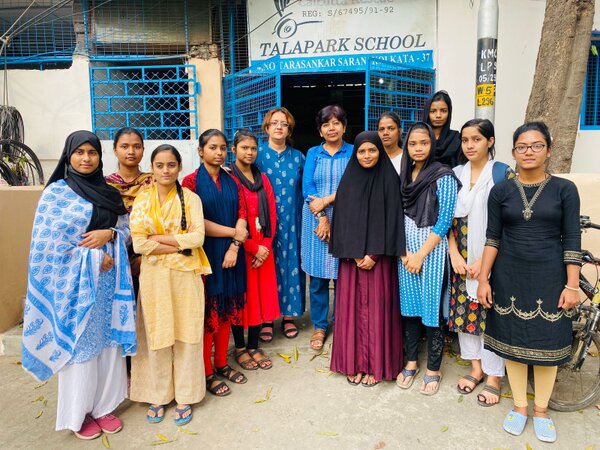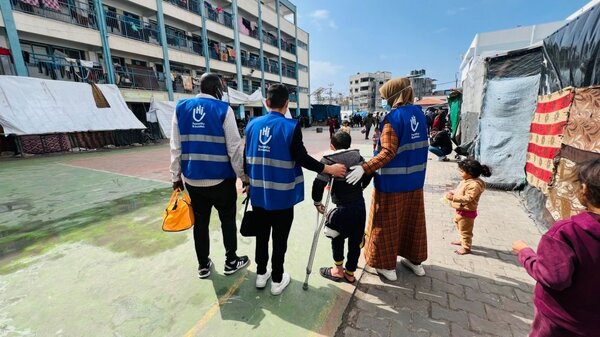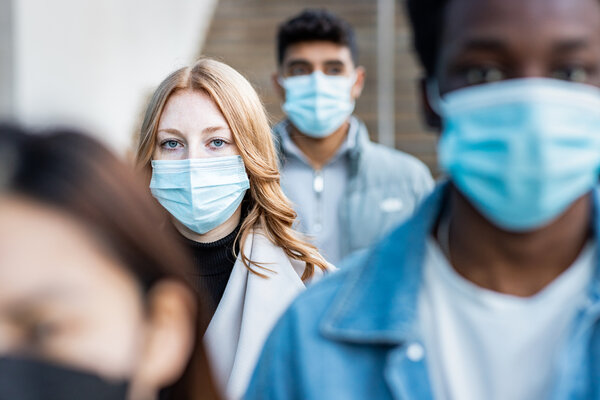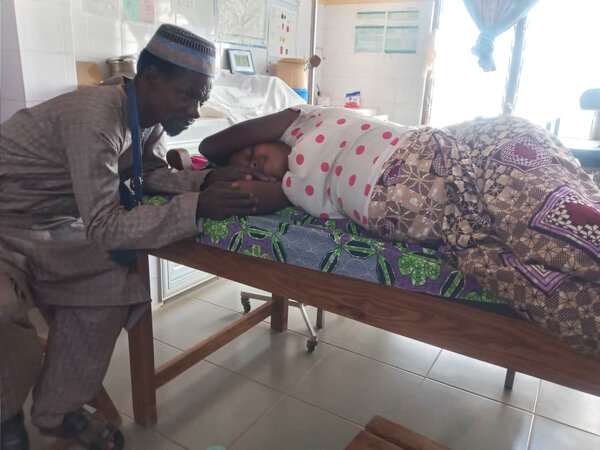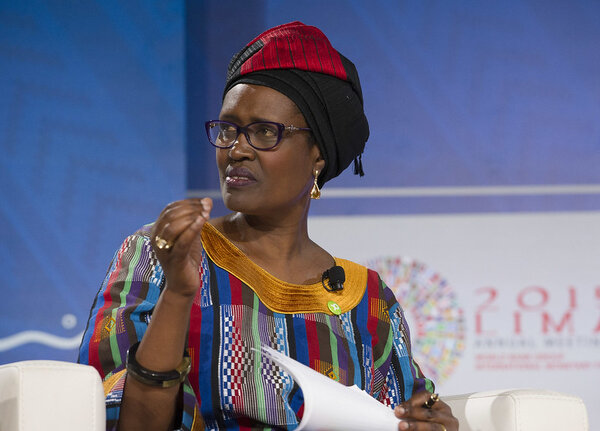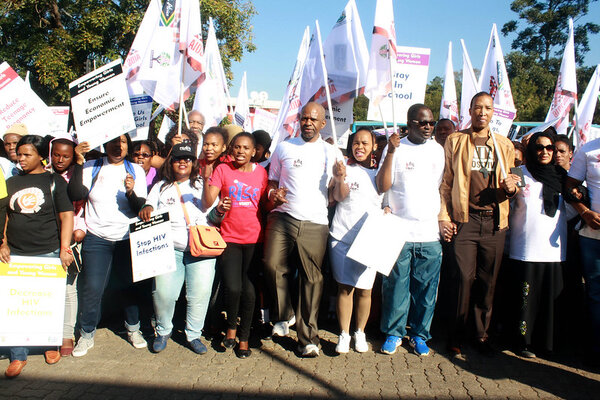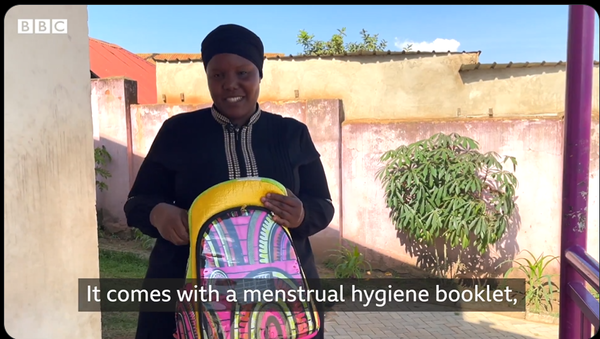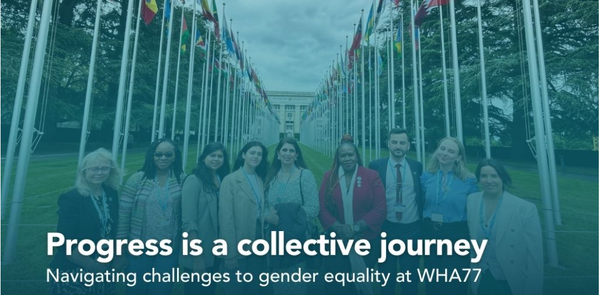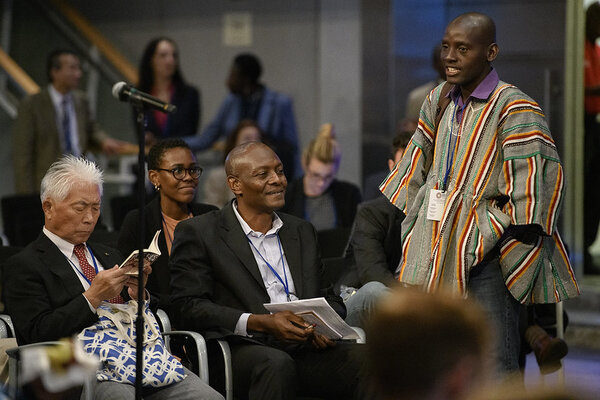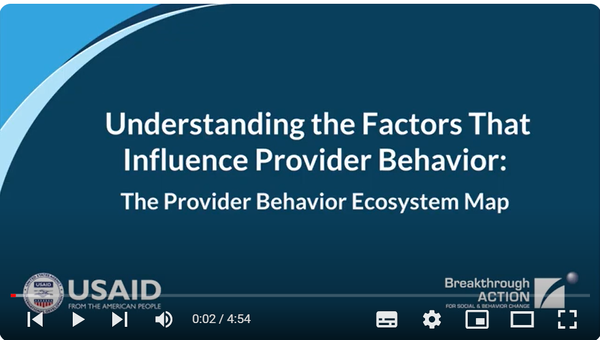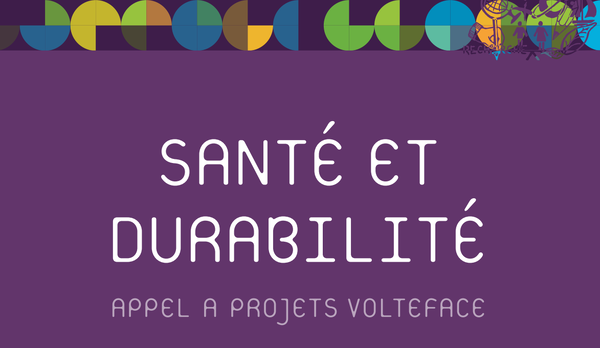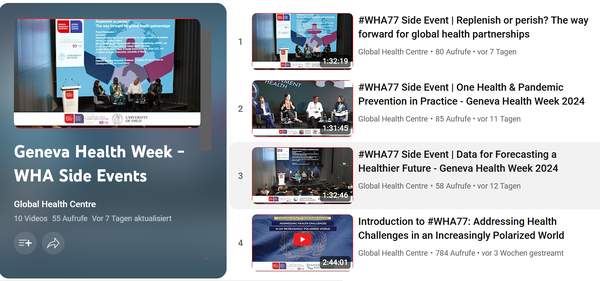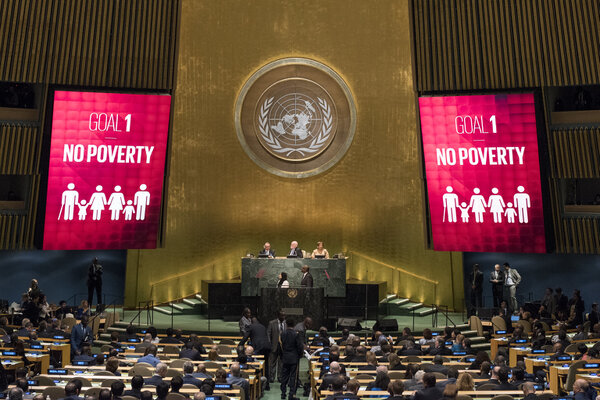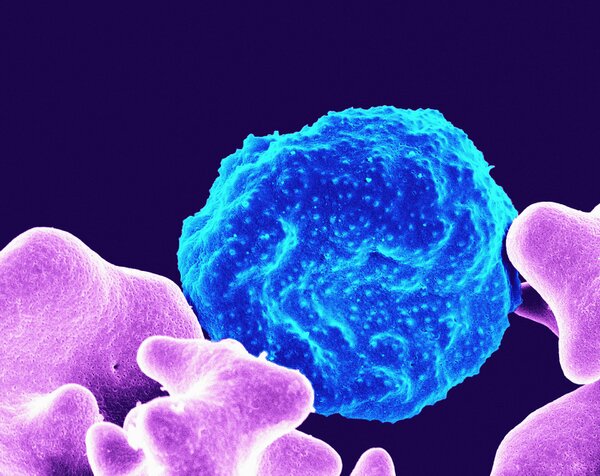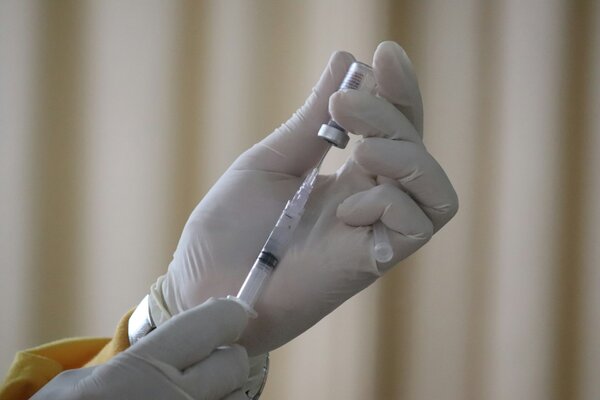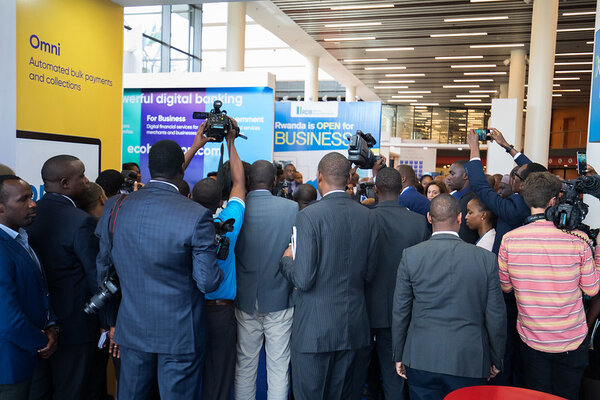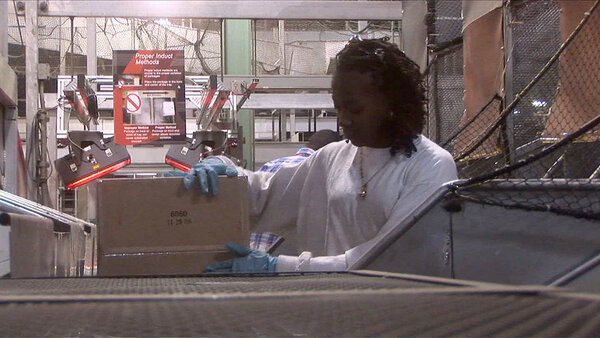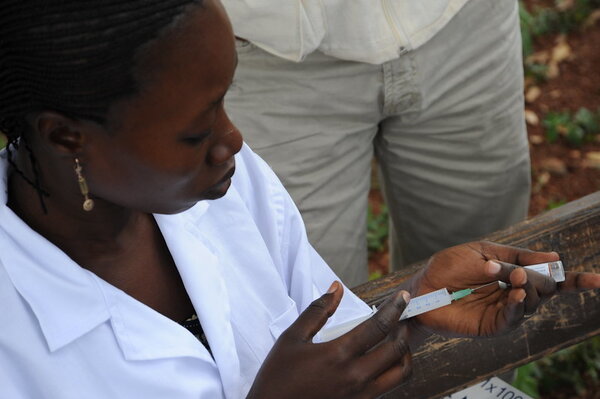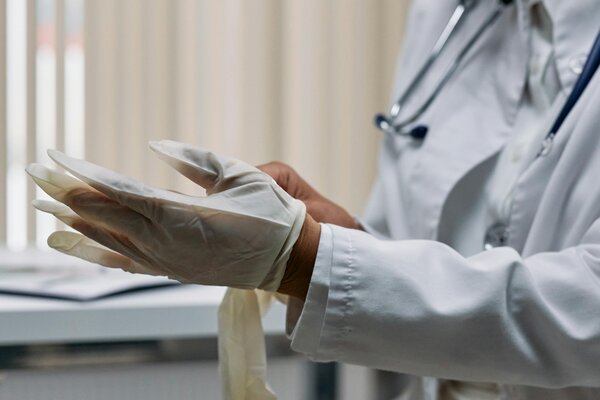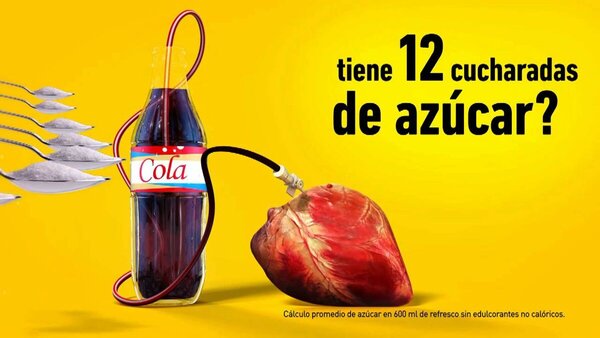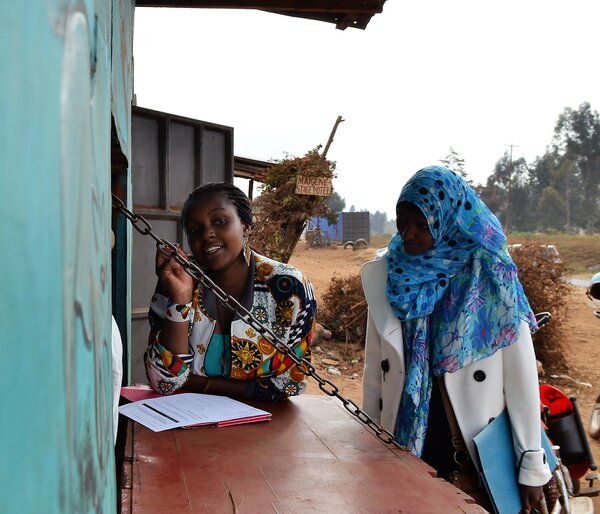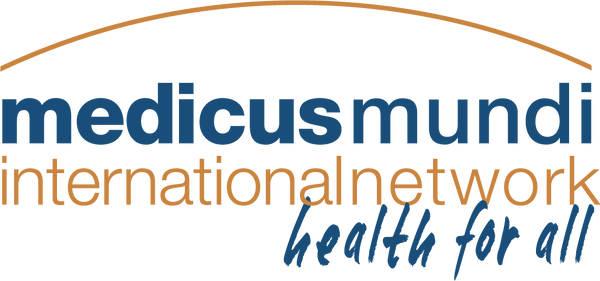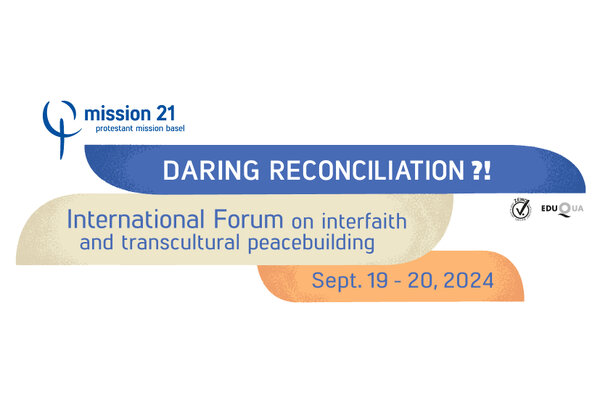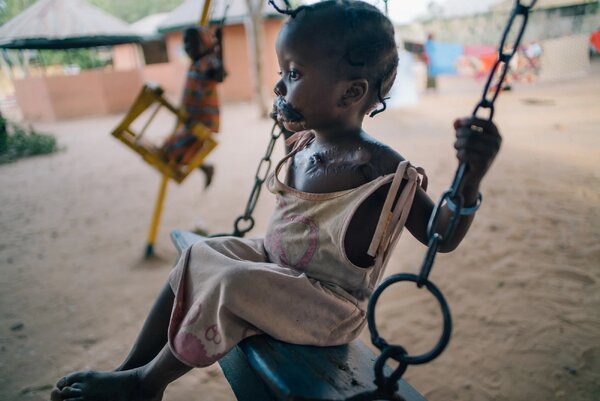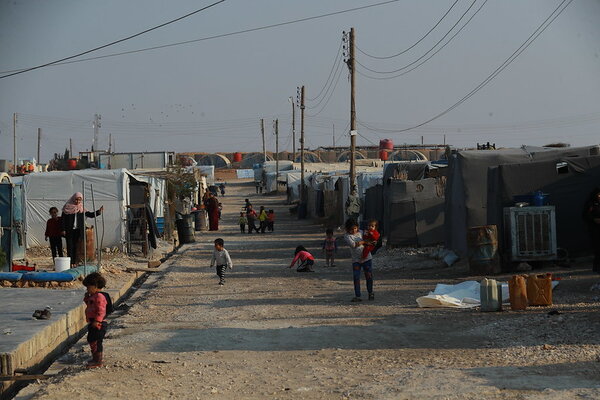Die Wahlen zum EU-Parlament haben Schockwellen durch den Kontinent gesendet. Rechtspopulistische Parteien haben insbesondere in den Trägerländern der europäischen Idee, in Frankreich und Deutschland, massiv zugelegt. Und in Frankreich, wo Präsident Macron Neuwahlen ausgerufen hat, könnte das Rassemblement National den nächsten Premierminister stellen.
Medial wird dieser Erfolg mit der Migrationspolitik erklärt, die als nicht mehr steuerbar gilt und viele Menschen frustriert. Ob die Migrant:innen – und im politischen Diskurs sind hier immer Flüchtlinge gemeint, die, wenn man die Herkunftsländer betrachtet, guten Grund haben sich auf die Flucht zu machen – nun tatsächlich Ursache oder doch eher als Sündenböcke einer tieferliegenden Unzufriedenheit sind, wäre aber eine wichtige Frage.
Wenn eine ältere Frau im elsässischen Saint-Louis an der Grenze zu Basel, für einen medizinischen Notfall nach Mulhouse gehen muss und dort vierzehn Stunden auf die Behandlung wartet, verweist dies auf sehr handfeste Gründe politischer Unzufriedenheit. Wenn die grundlegenden öffentlichen Dienste wie die Gesundheitsversorgung nicht mehr funktionieren, wachsen Frustrationen und auch Fragen nach der Sinnhaftigkeit des Staates. Staatliche Systeme, welche grundlegende Rechte, wie das Recht auf Gesundheit nicht sicherstellen können, verlieren ihre Legitimität.
Rechtspopulistische Kräfte spielen mit der Nostalgie einer vermeintlich besseren Vergangenheit. Gegen diese anti-demokratischen Kräfte hilft letztlich nur der Einsatz gegen Ausgrenzung, für starke öffentliche Dienste und eine solidarische Grundhaltung gegenüber den Menschen bei uns, welchen es weniger gut geht, und gegenüber den Menschen im globalen Süden, welche für ihre grundlegenden Rechte kämpfen.
Martin Leschhorn Strebel
Netzwerk Medicus Mundi Schweiz
E-Mail


